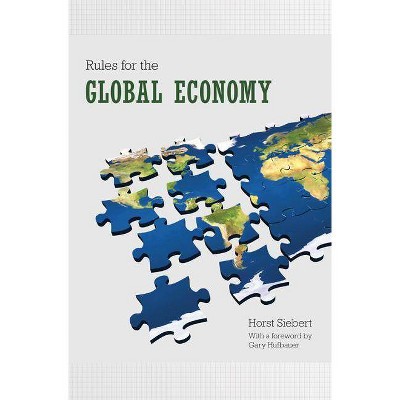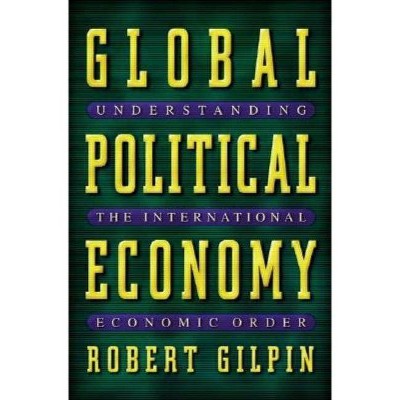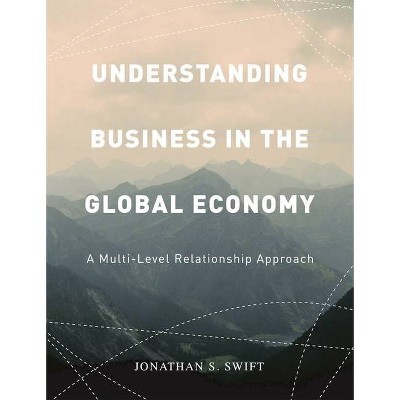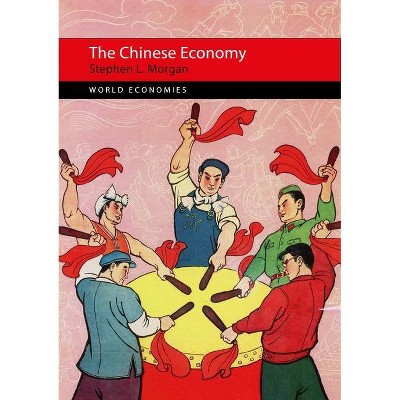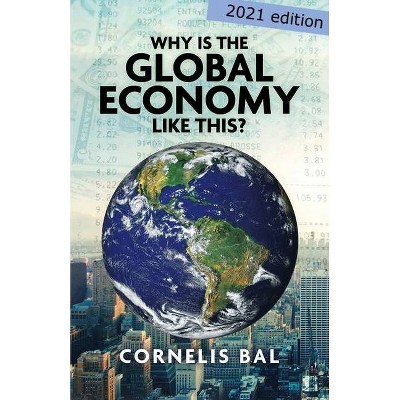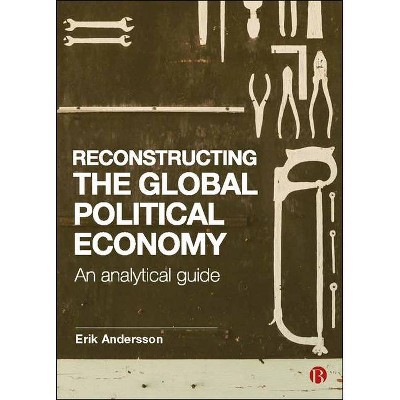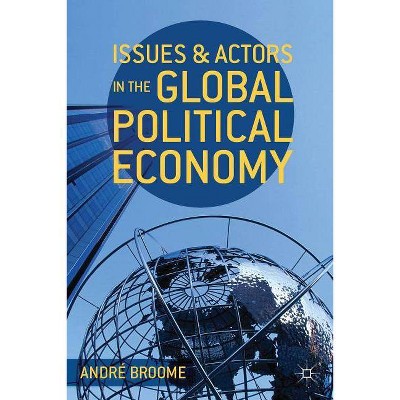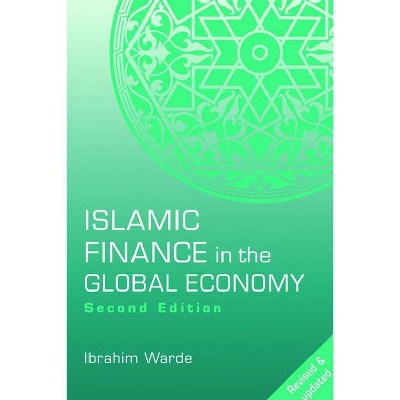The Global Economy - by Franco Amatori & Andrea Colli (Paperback)
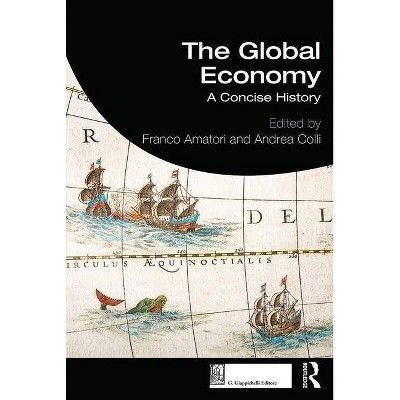
Similar Products
Products of same category from the store
AllProduct info
<p/><br></br><p><b> About the Book </b></p></br></br><p>This is a concise economic history of the global economy over the past thousand years, exploring the main waves of globalization, starting from the trade revolution of the Middle Ages, focusing on the Great and Little Divergence between the West and the East and the North and the South of the World. </p><p/><br></br><p><b> Book Synopsis </b></p></br></br><p><em>The Global Economy: A Concise History</em> traces the history of the global economy over the past thousand years. In doing so, it explores all the main waves of globalization, from the trade revolution of the Middle Ages, to the Great and Little Divergence between the West and the East, as well as the North and the South of the world.</p><p>This book examines the Industrial Revolution and the World Wars, and their respective consequences, as well as the interaction between technological shifts and the transition in geopolitical equilibria. The last chapters are dedicated to an in-depth examination of the transformation which occurred in the global economy after 1989. The chronological structure of the book is designed to help students memorize and understand key events. This book also discusses broader themes, such as convergence-divergence, growth and decline, development, and industrial revolutions.</p><p>This will make it of interest not only to students and academics, but to all readers wishing to gain a deeper understanding of the history and current state of the global economy.</p><p/><br></br><p><b> Review Quotes </b></p></br></br><br><p>Living up to its title, this volume puts the global economy front and center in a concise history that covers the Neolithic Revolution through the 2008 financial crisis in only a few hundred pages. Editors Colli and Amatori (both, Bocconi Univ., Italy) focus on how goods, services, and resources moved across national boundaries, using the experiences of individual countries in service to the larger theme. Chapters elucidate how these systems evolved in response to flows of goods and resources and in turn shaped them over time, primarily centering on the period since roughly AD 1700, what economic historians have come to call "the Great Divergence." This is when western European (and later North American) incomes per person started growing much more rapidly than in the rest of the world. The book grapples with both the causes of this divergence and the consequences for the global economy. The text's greatest strength is its up-to-date scholarship, bringing the latest findings to bear on classic issues such as late-19th-century globalization and the origins of the Great Depression, making this an excellent addition to any economic historian's or library's collection.</p> <p>--L. D. Johnston, College of St. Benedict/St. John's University</p><br><p/><br></br><p><b> About the Author </b></p></br></br><p><strong>Andrea Colli</strong> is Professor of Economic History at Bocconi University, Italy. He has published several books and articles in fields such as the structure and evolution of SMEs, the role of family firms in modern economic growth, and foreign direct investment during the 20th century. </p><p><strong>Franco Amatori</strong> is Professor of Economic History at Bocconi University, Italy. He specialized in business history during his time at Harvard Business School, USA, and has written extensively on Italian and international business history.</p>
Price History
Cheapest price in the interval: 44.95 on May 17, 2021
Most expensive price in the interval: 44.95 on November 6, 2021
Price Archive shows prices from various stores, lets you see history and find the cheapest. There is no actual sale on the website. For all support, inquiry and suggestion messagescommunication@pricearchive.us

